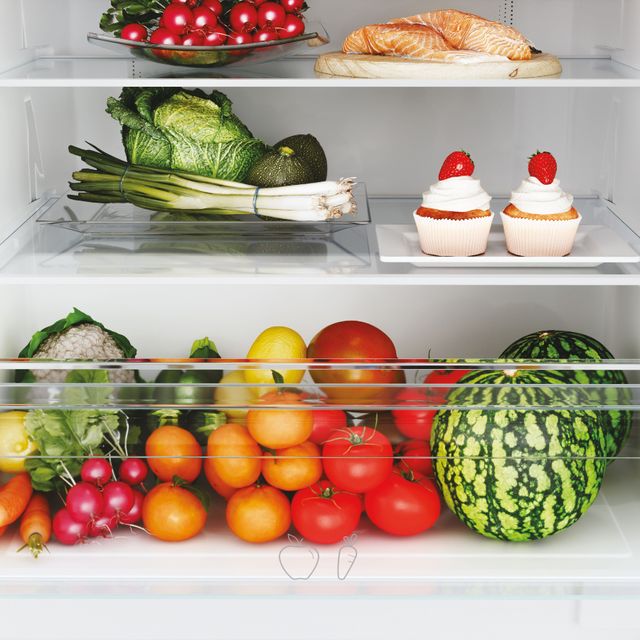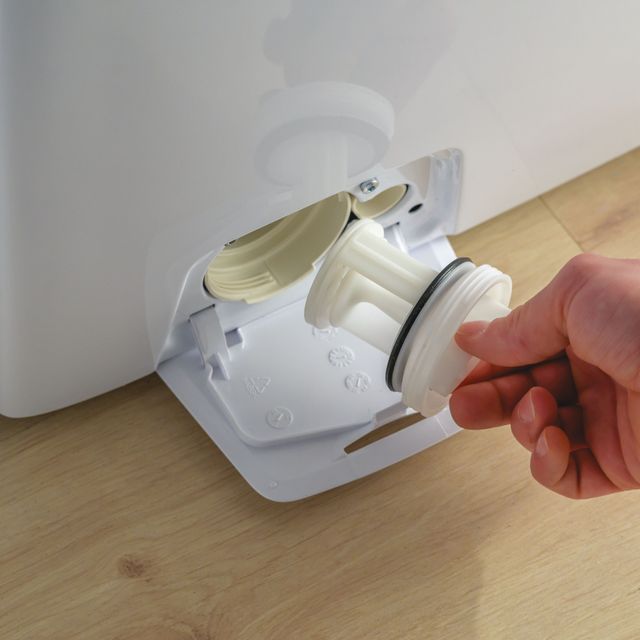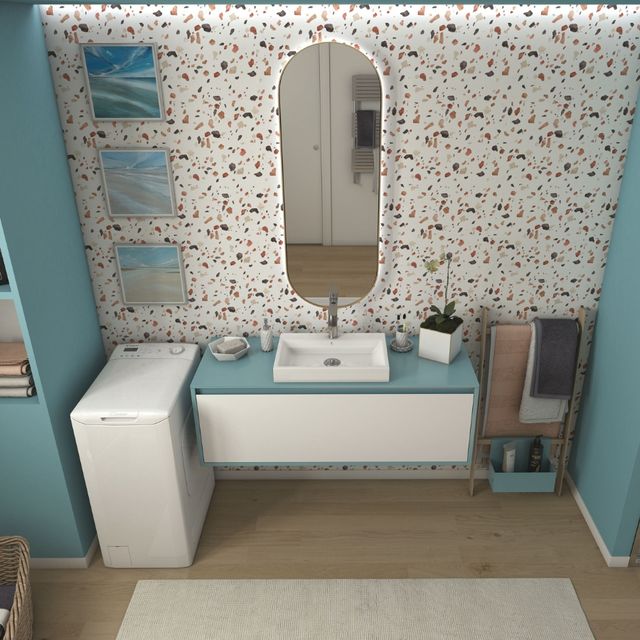Cleaning the house has always been a source of stress for everyone, especially for families where both parents work and spend very little time at home during the week. It’s even more difficult to think about all the time you’ll have to devote to cleaning your home during the weekend, when really, you’d rather spend that time doing something that’s a choice, not a chore.
The desire of all families it to keep the house clean and tidy, even during the week despite their commitments, work related or not. To face the house cleaning issue in a stress-free manner and without wasting any valuable energy, you need a thorough organization plan.
Spending half an hour a day on housework means you won’t have to spend too much time (or effort) and everything is kept under control, avoiding accumulating or postponing things to do. We propose a weekly cleaning plan, divided by rooms and tasks.
Floors
It’s essential to wash and sweep the floor regularly at specific times. It’s good to always sweep after eating in order to immediately eliminate traces of food or crumbs, then it’ll be enough to vacuum twice a week and mop only once.
Vinegar and baking soda will help eliminate bacteria and unpleasant stains. To maximise your efforts, it is essential to create good habits amongst all the family members. For example, remove shoes immediately after entering the home. This way you’ll avoid bringing everything that you may have trampled on into the house. By not using your shoes at home the floor will be kept clean for a longer period and it will be easier to maintain.
Bathroom
The bathroom is one of the rooms in the house that most needs constant cleaning, especially if you have children. Having to deal with cleaning the bathroom after a long time is never pleasant, because the workload can be significant. Again, good planning will save you a lot of work and will keep the room cleaner longer.
The sink and the toilet should be cleaned every two days, use a sanitizing and antibacterial spray that, in addition to disinfecting your toilet, will fight the formation of limescale and stains, which characterize old and badly maintained sanitary ware and taps. Change towels and bathrobes once a week.
Kitchen
It’s also essential to keep the kitchen clean and tidy. Not only to always have the house organized, especially in homes where the kitchen can be seen from other rooms or is integrated with the living room, but above all, to have high levels of hygiene in your home, in the room where you cook.
Washing dishes: if you don’t have a dishwasher it’s really important not to leave the breakfast cups or the dinner plates in the sink. Not only because dirty dishes in the sink produce bacteria and unpleasant smells but also because, if you’re out all day and return home in the evening with a well-defined list of tasks to do to keep the house tidy, finding dirty dishes is demotivating and does not make for a welcoming return home.
Also, always clean the cooktop and the kitchen counter as soon as you finish preparing a meal, this way you can save time, which you can use to relax. Regarding your table: make a habit of setting it for breakfast after dinner and for dinner after having breakfast. It will save you time by optimizing the amount of time you spend in the preparation of the two meals you usually have at home.
Beds
Making the beds every day is annoying but getting home at night and finding the beds made will give you a greater sense of order. Some small changes will make doing your bed every day a lot easier; one of them could be to use a duvet cover, it’s much simpler to manage and with it you can keep your bed in order just in a few steps. You can do it as soon as you get up, and even the kids can make their own beds with a duvet cover, relieving parents from further tasks.
Laundry
Although the thought of having to iron the freshly washed clothes may make you tired, you shouldn’t accumulate too many clothes to wash. We also advise you shouldn’t mix loads of clothes, towels and linen with everything you use for cleaning or in the kitchen.
Plan for at least one weekly load for sheets, kitchen towels, towels and bathrobes, which need a more thorough cleaning, while another load will be dedicated to clothes worn during the week.
Pay close attention to the clothes your wear more often and to their purpose, as well as their material and composition. The clothes you exercise in will need a different anti-odour treatment than the clothes you wear at work or in your free time. Depending on the number of garments of the different types illustrated, plan at least one load per week. Give preference to the night cycle, so that in the morning you can hang out the laundry and bring it inside in the evening when you return home, immediately putting away the laundry that does not need to be ironed.
And now the ironing, one of the chores most hated by anyone who has ever had to do it. By carefully planning the washing of the week, even ironing will be easier. Rather it’s because it’ll take less time or because it will be easier to iron all the garments separating the clothes and differentiating washes, lightening the weight of the ironing during the domestic activities of the week will help.
Among the good habits to keep a house always clean and tidy, airing the rooms is a must: a good time to do it can be as soon as you wake up, in the morning before getting ready to go out - a time when traffic is minimal. It takes just 10 minutes a day to ensure that the air is renewed in the entire house.
We conclude by saying that organizing your domestic activities will greatly help you in managing your house and its maintenance. Along with the chores, you can set specific days for shopping too, in order to optimize the time available and make the most of free days.





